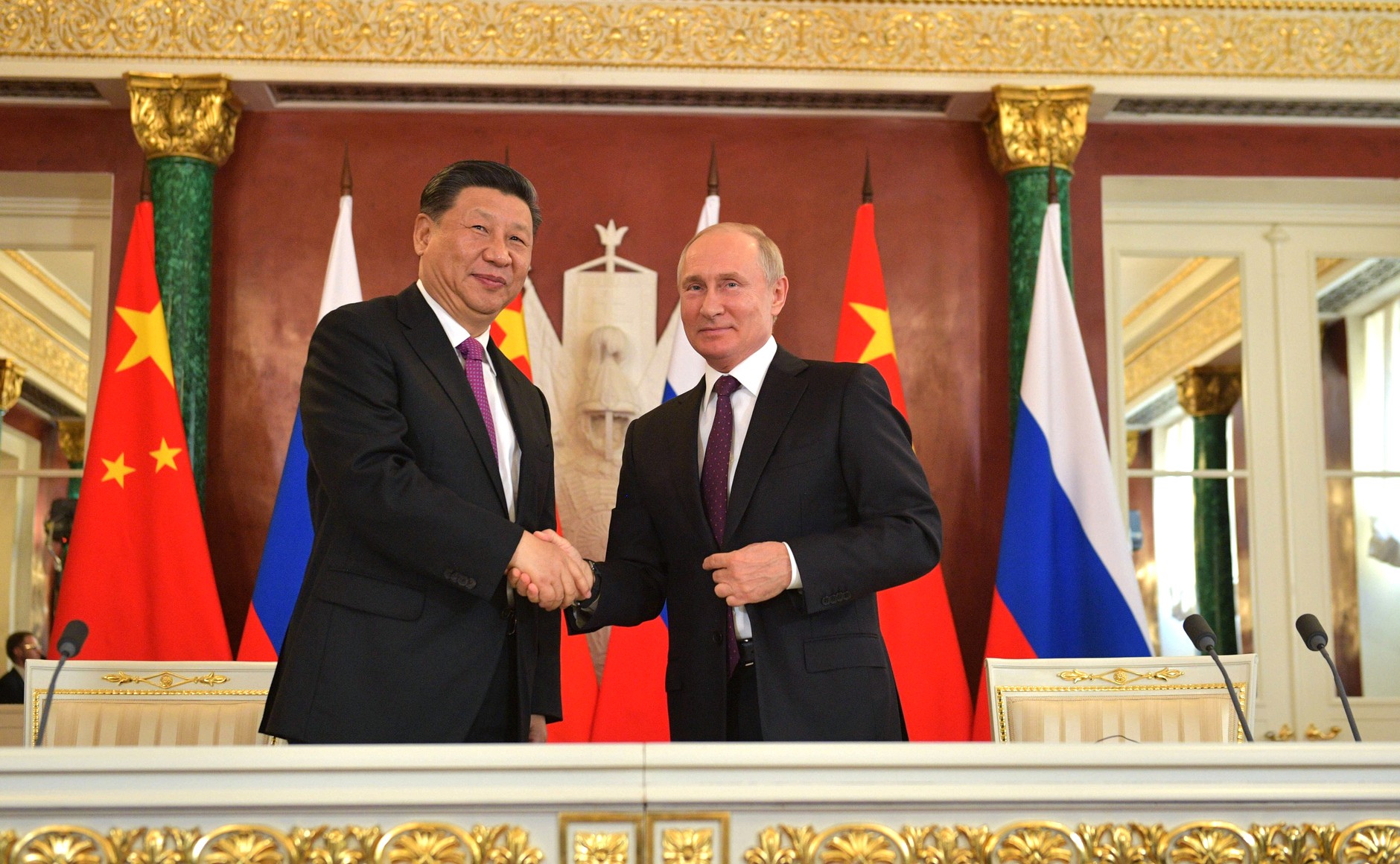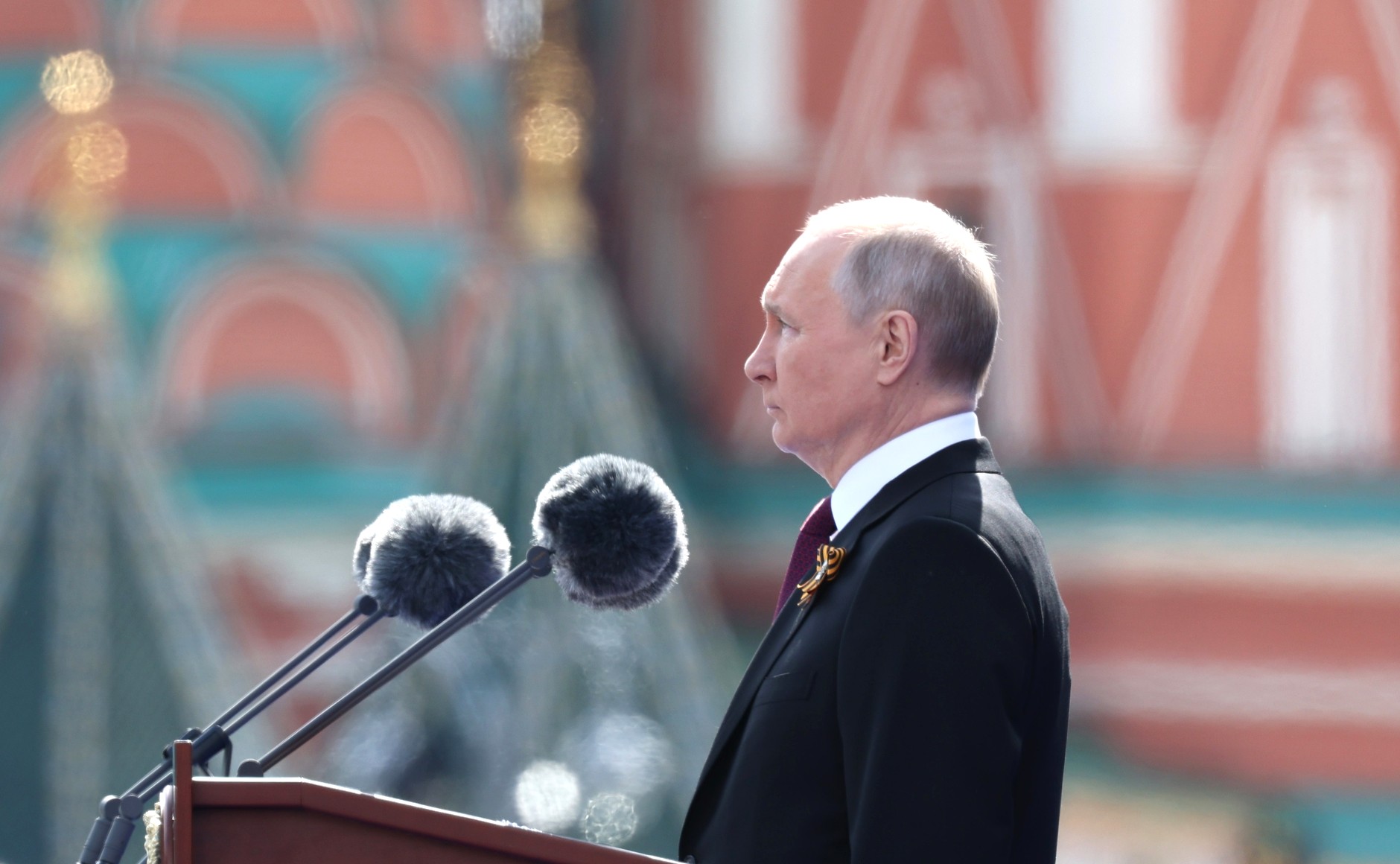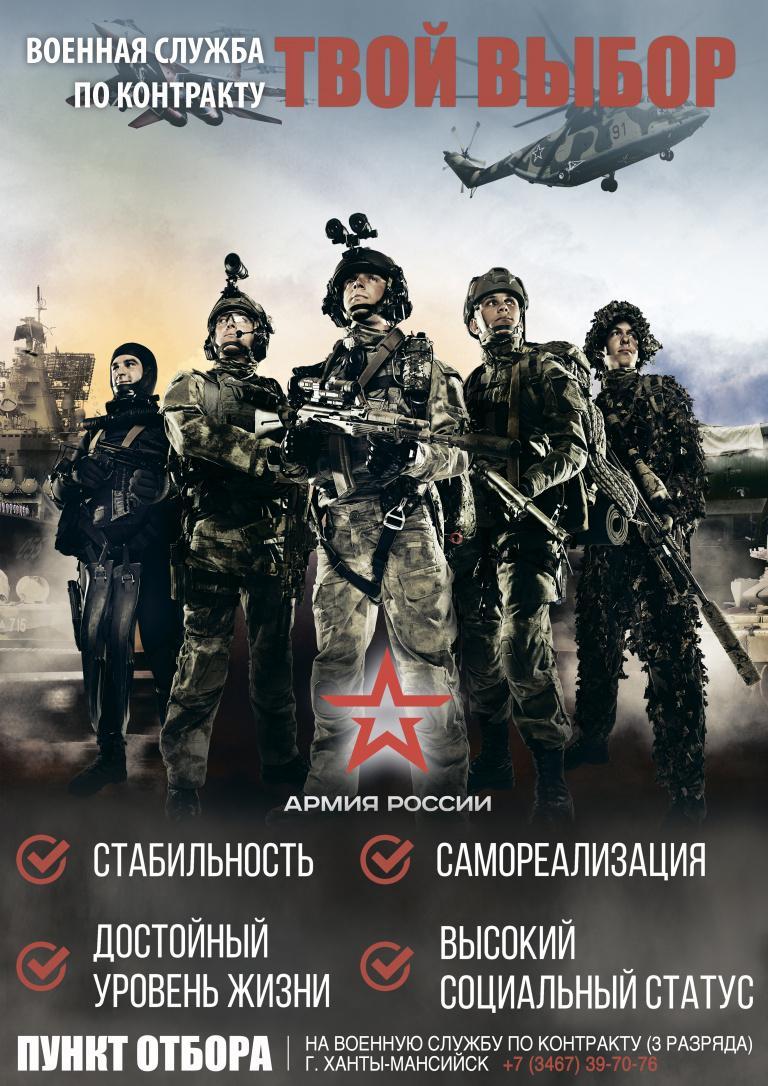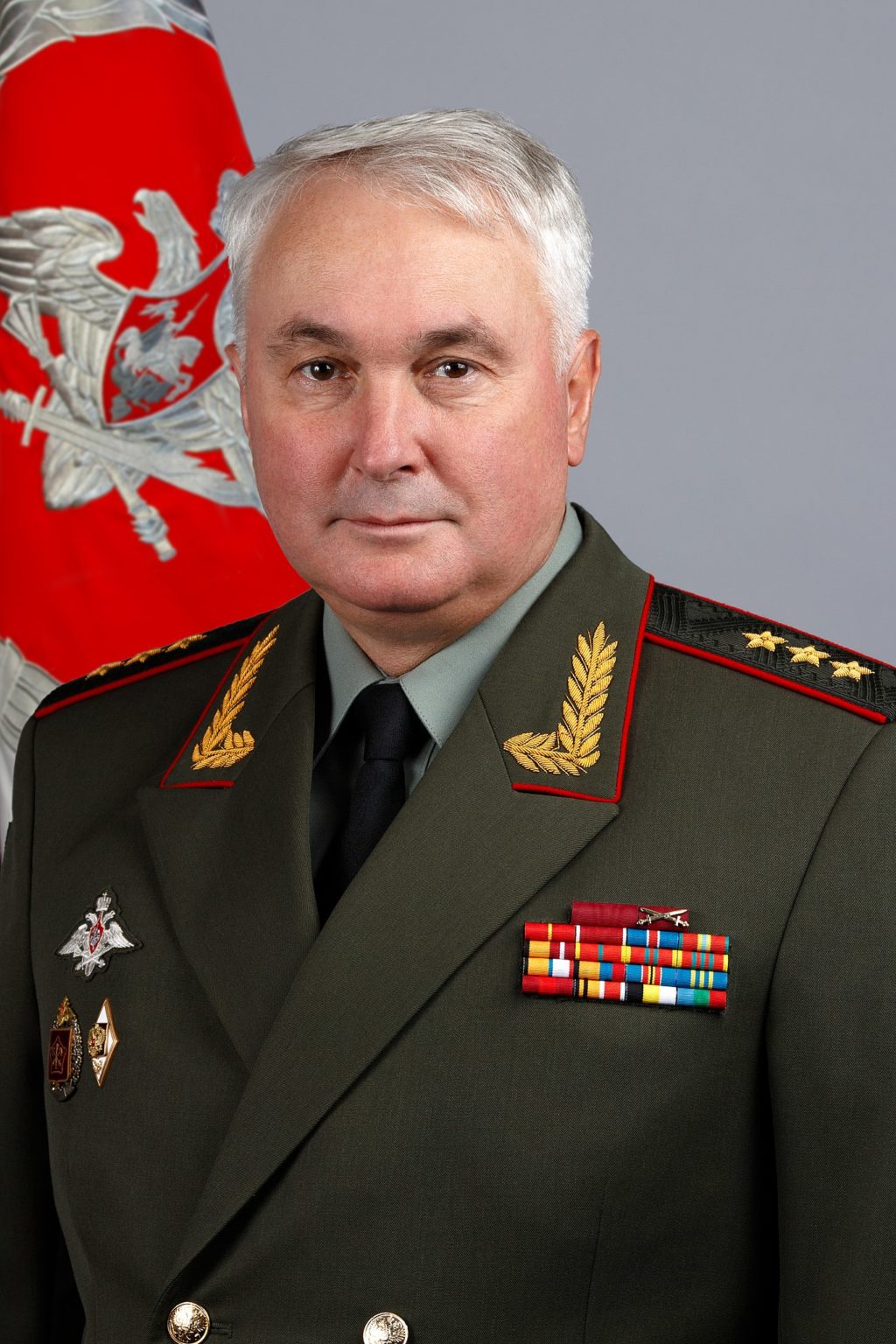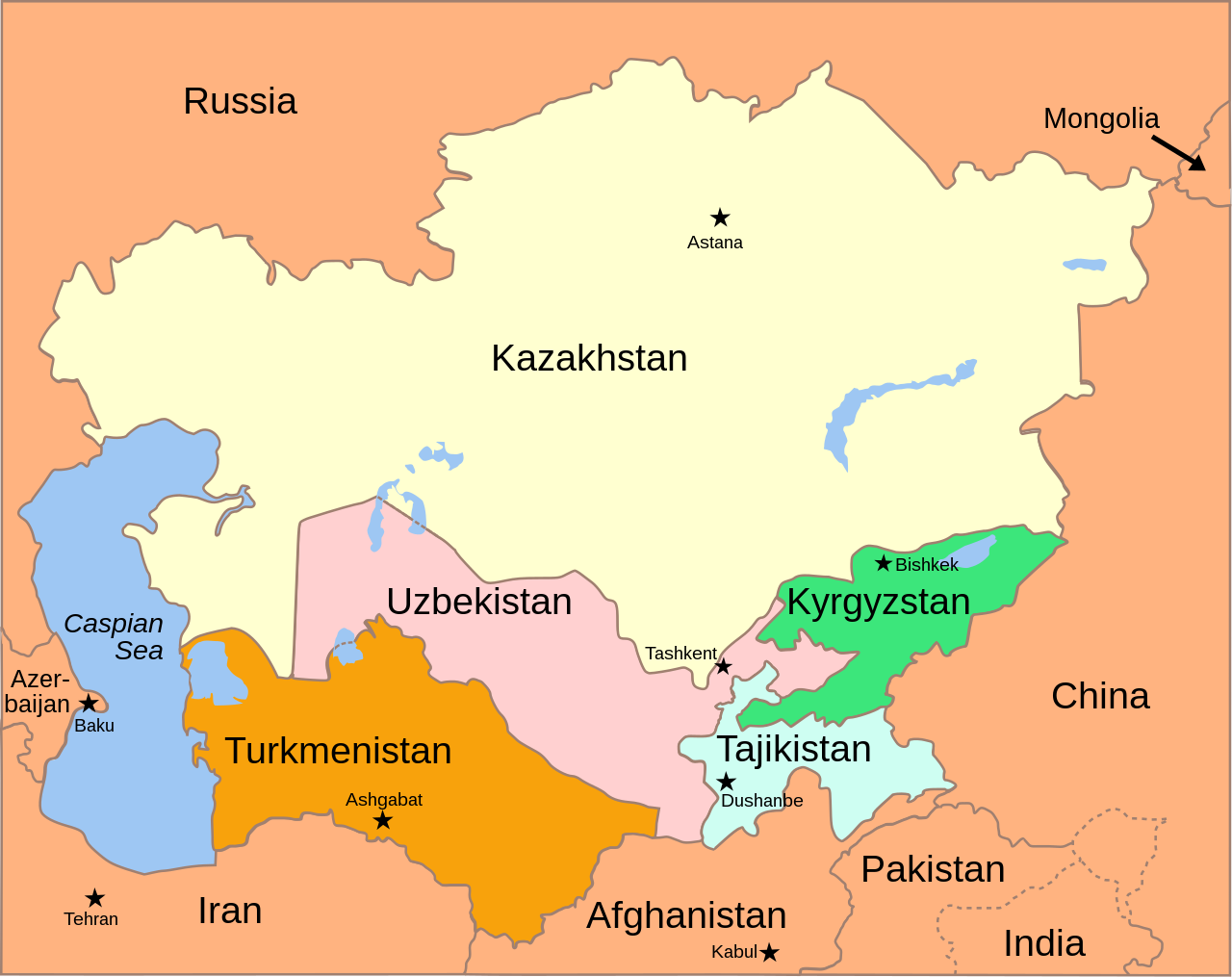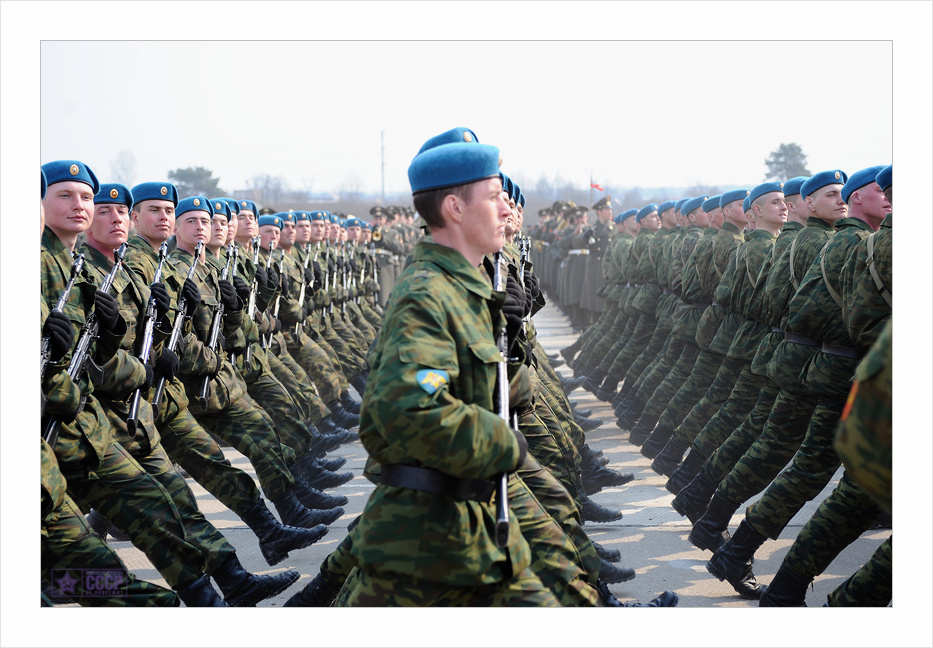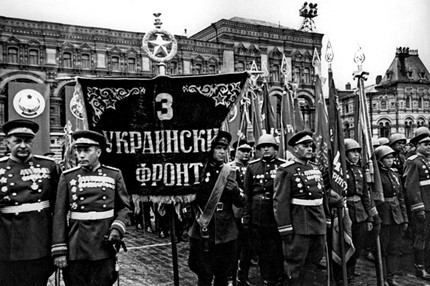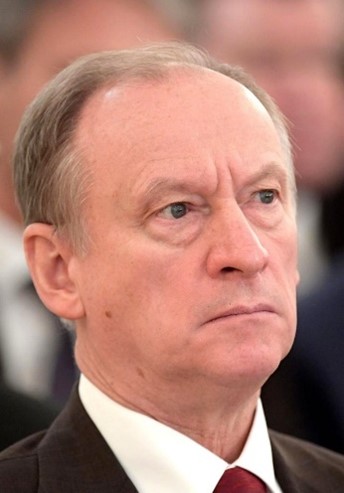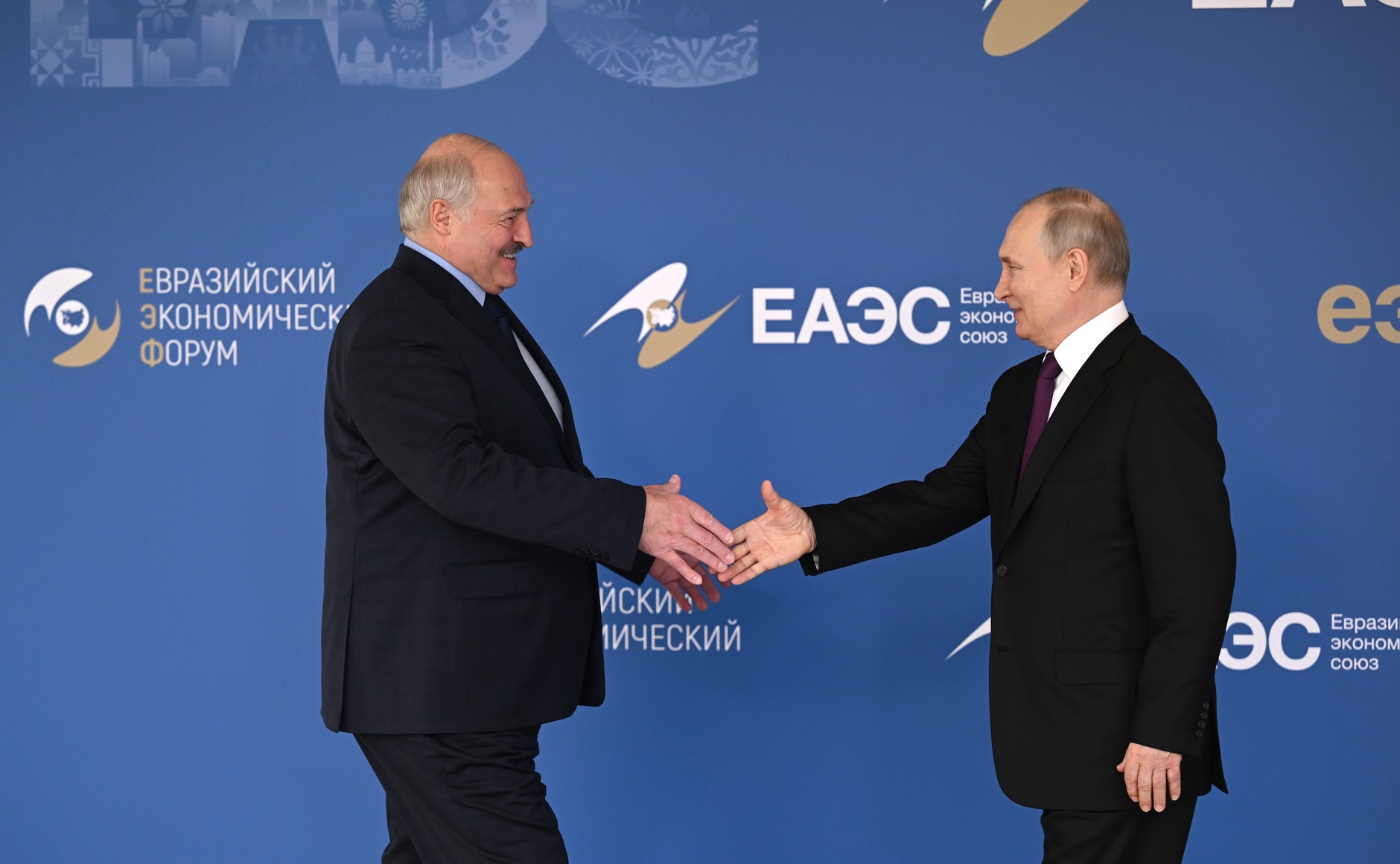
President Putin and Belarus President Alexander Lukashenko, Eurasian Economic Forum, 24 May 2023
“Belarus is now becoming Russia’s “nuclear queen” on the borders with NATO and Ukraine.”
The current Russian leadership appears to be taking concrete measures to reposition non-strategic nuclear weapons into Belarus to support its military operations in Ukraine, according to the pro-Kremlin site Century. A key element of the Kremlin’s propaganda over the past decade has been its focus on its huge nuclear weapon arsenal, which it interprets to symbolize Russia’s superpower status. Not surprisingly, the Kremlin’s nuclear rhetoric escalated after Russia’s full-scale invasion of Ukraine in February 2022. Since then, senior Kremlin officials have repeatedly threatened to use these weapons to achieve their objectives in Ukraine.,
The transfer of Russian nuclear weapons into Belarus was not altogether unexpected. President Lukashenko of Belarus has increasingly become dependent upon Kremlin support over the past several years.[i] Belarus’s economic, defense, and foreign policies largely follow those of Russia. Lukashenko has permitted the Russian military to use Belarus as a staging area while managing to prevent his soldiers from directly participating in the Ukrainian conflict.. To maintain the fiction of Belarus’ agency and independence, the article declares that “Lukashenko has long asked to place Russian nuclear weapons on the territory of his country.” While these nuclear weapons will remain under Russian control, President Putin addressed the training of Belarusian crews to deliver these bombs via Su-24 [RG1] aircraft or the Iskander-M [RG2] operational-tactical missile systems which belong to Belarus.[ii] According to the article, Putin argues that Russia is merely answering the United States in a “mirror way,” since “America stores 200 tactical nuclear weapons, mostly atomic bombs…in six European countries.” The article concludes with a quotation from former Russian President Dmitry Medvedev, who claims that “the horsemen of the apocalypse are already on their way,” and that if Ukraine tries to recapture Crimea, it “would be grounds for Russia to use any weapon.”
Sources:
Alexander Pronin, “Ядерный ферзь России; Растущая милитаризация Европы и наш комплексный ответ (Nuclear Queen of Russia; The Growing Militarization of Europe and Our Comprehensive Response),” Century (pro-Kremlin site), 10 May 2023. https://www.stoletie.ru/rossiya_i_mir/jadernyj_ferz_rossii_537.htm
President of Belarus Alexander Lukashenko has repeatedly raised the issue of deploying Russian tactical nuclear weapons (TNW) in the republic with the Russian leadership. The last time – in March of this year. His request is finally granted….
According to Putin, President of Belarus Alexander Lukashenko has long asked to place Russian nuclear weapons on the territory of his country. He publicly announced this desire even before the start of Russia’s special operation in Ukraine, in 2021…
…The next public discussion of the deployment of Russian nuclear weapons in Belarus took place in June 2022 during the talks between Lukashenka and Putin.
The Russian leader noted that at that moment in six European countries – NATO members – the Americans stored 200 tactical nuclear weapons, mostly atomic bombs….
“On July 1, we are completing the construction of a special storage facility for tactical nuclear weapons on the territory of Belarus,” Vladimir Putin said in March 2023 in Pavel Zarubin’s program.
…And he added that the training of Belarusian crews will begin on April 3. According to him, there are already carriers of (Russian) nuclear weapons in Belarus: these are the Su-24s, the Iskander-M operational-tactical missile systems, modified by agreement with Minsk, as well as our MiG-31s [RG1] with Kinzhals, all this is covered modern air defense systems, including the transferred S-400 anti-aircraft missiles….
Thus, Belarus is now becoming Russia’s “nuclear queen” on the borders with NATO and Ukraine….
By the way, special ammunition will be stored and controlled by the Russian army…. The President of Russia made it clear that the decision of Moscow and Minsk is a response to the escalation of the conflict in Ukraine, organized by the West.
“Each day of deliveries of foreign weapons to Ukraine ultimately brings this same nuclear apocalypse closer. This does not mean that it will definitely take place. But the horsemen of the apocalypse are already on their way and continue their movement, you can rest assured,” Dmitry Medvedev, Deputy Head of the Security Council of the Russian Federation, commented on the decisions taken by NATO. In addition, Medvedev warned that Ukraine’s attempt to retake Crimea would be grounds to use any weapon, including those provided for by the “fundamentals of the doctrine of nuclear deterrence.” He believes that an attempt to “split off part of the state” is equal to “an encroachment on the existence of the state itself.”
Notes:
[i] On paper, at least, Russia and Belarus have formed a “Union State.” The strength of this union improved after President Lukashenko appealed for Kremlin assistance in the summer of 2020. Lukashenko had falsified presidential election results, and when large protests broke out, Russia provided economic and security assistance to quell the demonstrations. Since then, Lukashenko’s room to maneuver has been limited.
[ii] Russia has repeatedly promised to move an airbase into western Belarus for the past several years. There has been some speculation that Russia will use this base as the storage site for its non-strategic nuclear weapons. For background, see: Ray Finch, “Russia Deploying Anti-NATO Air Assets in Belarus Under Guise of Training,” OE Watch, July 2021. https://community.apan.org/wg/tradoc-g2/fmso/p/oe-watch-issues
Image Information:
Image: President Putin and Belarus President Alexander Lukashenko, Eurasian Economic Forum, 24 May 2023
Source: http://kremlin.ru/events/president/news/71198/photos/71199
Attribution: CCA 4.0 Intl

